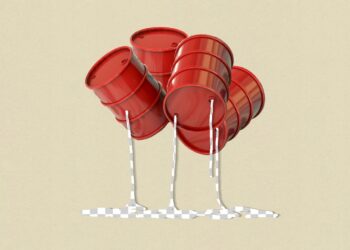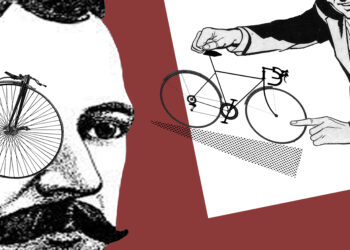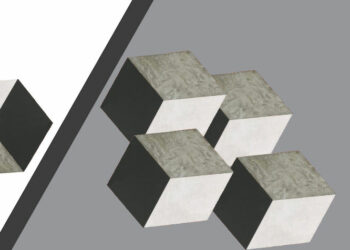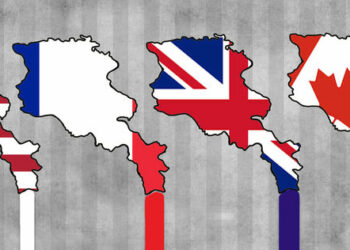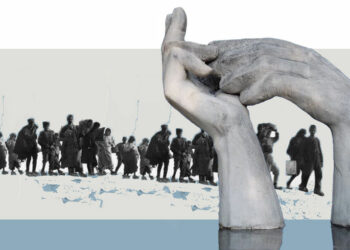The Dictator Has No Clothes: Aliyev’s Regime and Its Declining Oil Revenues
Baku’s oil economy is not sustainable, as diminishing revenues in the long-term increase the probability of domestic instability in Azerbaijan, potentially triggering militarized interstate disputes.

